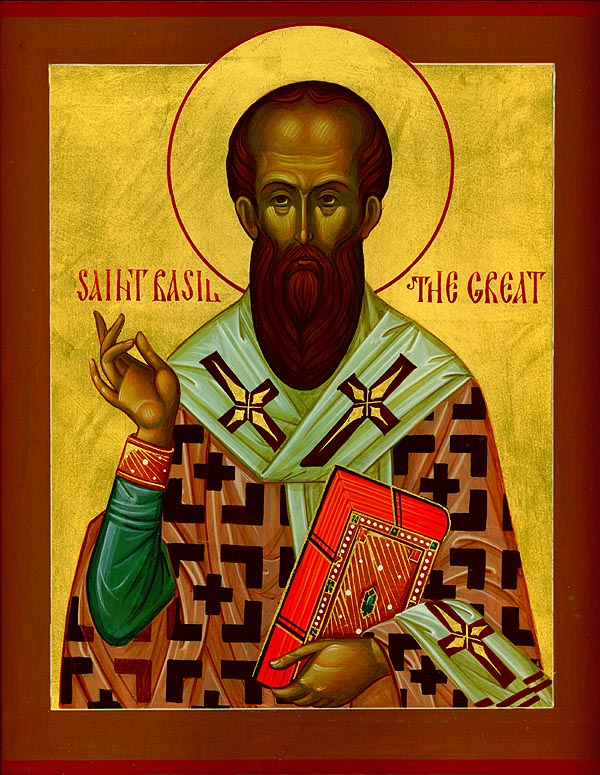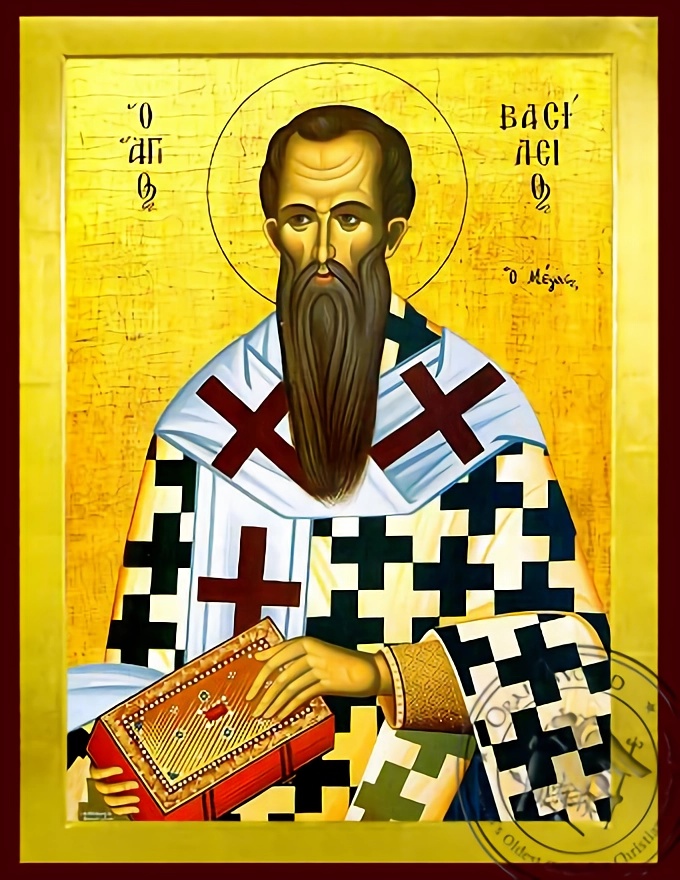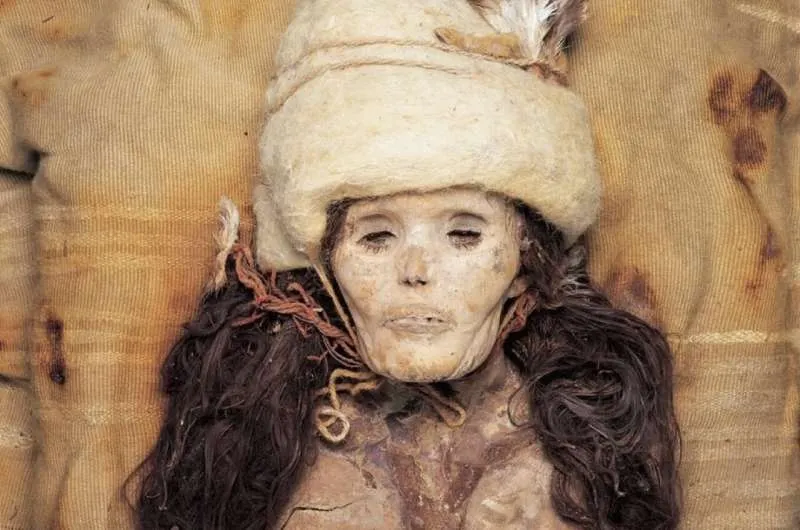Basil the Great: Father of Eastern Monasticism and Defender of the Faith
Basil the Great (c. 329–379 CE) was a towering figure in early Christianity—a bishop, theologian, philosopher, monk, and reformer whose influence continues to shape both Eastern Orthodox and Western Christian traditions. He is one of the Three Holy Hierarchs in Eastern Christianity (alongside Gregory of Nazianzus and John Chrysostom), and his work laid the foundations of Eastern monasticism, shaped church doctrine, and defended the faith against heresy during one of its most turbulent eras.

📜 Early Life and Education
Basil was born around 329 CE in Caesarea, in Cappadocia (modern-day Turkey), into a wealthy and devout Christian family. His siblings included Gregory of Nyssa and Macrina the Younger, both of whom also became saints and intellectual leaders in the church.
He received a classical Greek education, studying in Caesarea, Constantinople, and then at Athens, where he became friends with Gregory of Nazianzus. He studied rhetoric, philosophy, and science and considered a career in public life before turning fully to the service of the Church.
🏞️ Monasticism and Spiritual Life
Inspired by the example of Egyptian monasticism, Basil founded a monastic community near the Iris River in Pontus. Unlike the extreme asceticism of earlier desert monks, Basil emphasized community life, prayer, work, and service to others. His “Ascetical Works”, especially the Long and Short Rules, provided the foundation for Eastern monastic rules and are still followed today in many Orthodox monasteries.
He promoted a balanced spiritual life—rejecting isolation and harsh self-denial in favor of communal monastic living, humility, discipline, and care for the poor.
⛪ Bishop of Caesarea
In 370 CE, Basil became Bishop of Caesarea, during a time of political tension and theological crisis—particularly over the nature of the Trinity and the spread of the Arian heresy, which denied the full divinity of Jesus Christ.
As bishop, Basil:
- Defended Nicene orthodoxy, affirming that the Father, Son, and Holy Spirit are co-equal and consubstantial (homoousios).
- Opposed Arianism, often clashing with Emperor Valens, who supported the Arian cause.
- Supported the poor, establishing a massive charitable complex—known as the Basiliad—which provided food, shelter, and medical care for the needy, and is considered an early model of the modern hospital.
📚 Writings and Theological Contributions
Basil’s theological work is vast and deeply influential. His major writings include:
- On the Holy Spirit: A defense of the divinity of the Holy Spirit, arguing for the full participation of the Spirit in the divine nature.
- Hexaemeron: A series of nine homilies on the six days of creation, blending theological insight with natural science.
- Letters: Over 300 preserved letters offering theological, pastoral, and social commentary.
Basil was known for his clear, practical, and pastoral style of writing, avoiding the speculative extremes of other theologians and grounding doctrine in scriptural and moral clarity.
🛡️ Defender of Orthodoxy
Basil’s greatest contribution was his role in preserving the Nicene Creed and strengthening Trinitarian theology. During a time when the Church was deeply divided, Basil worked tirelessly to reunite factions, support persecuted bishops, and defend the faith with reason, Scripture, and charity.
He played a key role in laying the groundwork for the Council of Constantinople (381 CE), which confirmed and expanded the Nicene Creed and is still used in Orthodox and many Western liturgies today.
⚰️ Death and Legacy
Basil died on January 1, 379 CE, likely worn down by years of asceticism, physical illness, and political pressure. He was mourned by Christians of all factions and remembered not only for his intellect but for his humility, service, and compassion.
His Legacy Includes:
- Revered as a Doctor of the Church (in the Catholic Church)
- Father of Eastern Monasticism
- Patron saint of hospital administrators, monks, education, and liturgical reform
- One of the Cappadocian Fathers, alongside Gregory of Nazianzus and Gregory of Nyssa
- Honored in the Eastern Orthodox, Catholic, Anglican, and some Protestant traditions
✨ Feast Day and Influence
- Feast Day: January 1 (Eastern Christianity), January 2 (Western Christianity), and also celebrated with the Three Hierarchs on January 30 in the East.
- His Divine Liturgy is still celebrated in the Eastern Orthodox Church, particularly during Great Lent and other solemn occasions.

🕯️ Conclusion
Saint Basil the Great was a man of paradoxes: a scholar and a servant, a mystic and a practical organizer, a warrior for truth and a gentle pastor. His legacy bridges the gap between the intellectual and the spiritual, between theology and social action, and continues to inspire Christian thought and practice nearly 1,700 years after his death.
He remains a shining example of leadership, humility, and theological clarity—truly deserving of the title “Great.”





